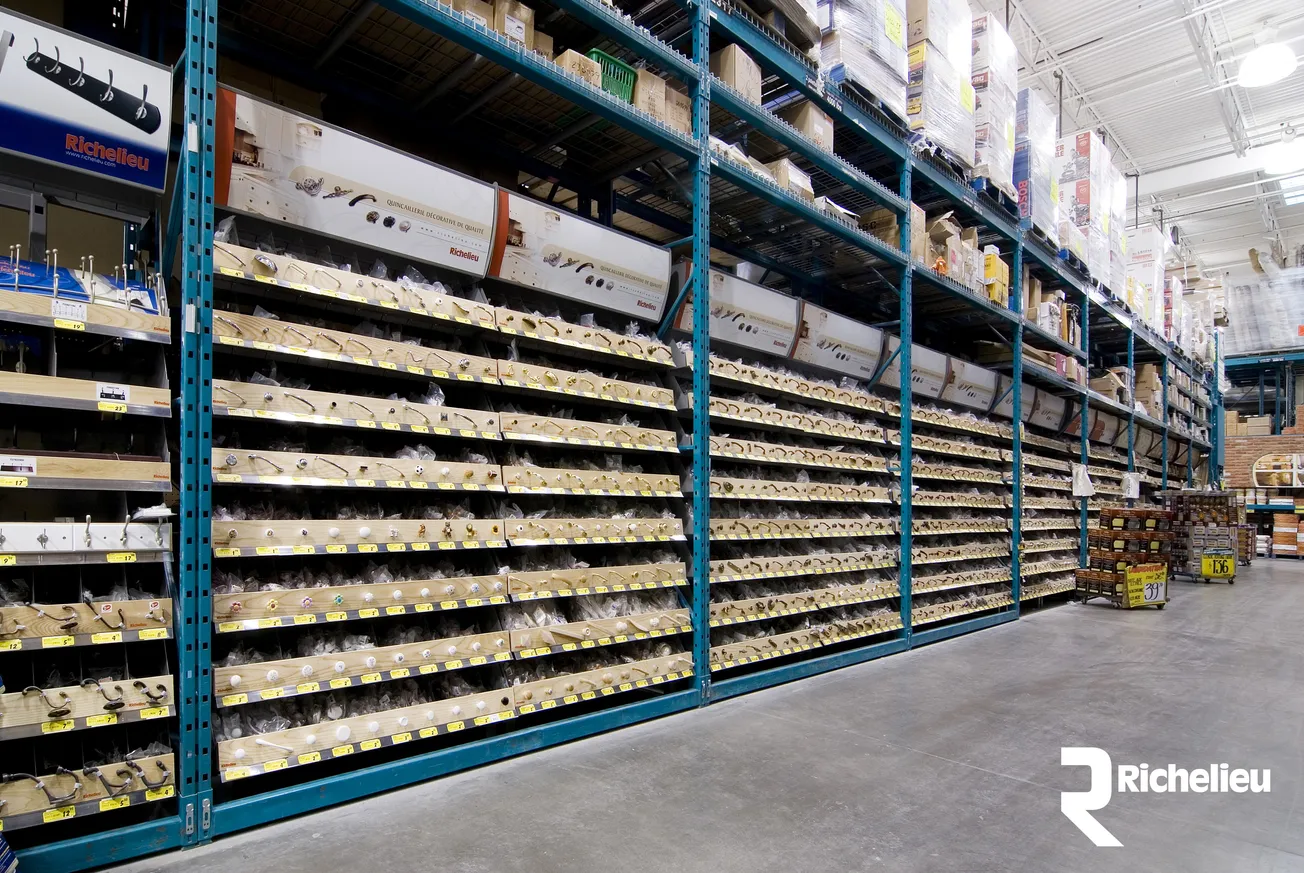Table of Contents
Written by Jim Vinoski, Forbes
Manufacturing in Michigan has always been a bellwether for the health of the industrial U.S.
In many ways, Michigan arose as a manufacturing state. While hunting and trapping were pre-eminent during its time as part of the Northwest Territories, logging slowly grew after statehood in 1837. Cheap and plentiful lumber attracted manufacturers, and industry drove a booming economy as the state took a lead role in the industrial revolution of the late 19th and early 20th centuries. Manufacturing grew rapidly into the 1970s.
However, in the last few decades of the twentieth century, troubles hit. The former powerhouse instead led a group of “Rust Belt” states for whom manufacturing seemed to be headed for extinction.
Now, with U.S. industry once again on the rise, the new century is seeing the state once more leading the charge. “Manufacturing is in our DNA in Michigan,” said Jeff Mason, CEO of the Michigan Economic Development Corporation (MEDC), a business advocacy organization.
Michigan has a long and rich history in manufacturing. Some of the earliest modern-day manufacturers got their start in the state. The automotive industry is a well-known piece of that history, but contrary to popular opinion, it wasn’t Ford that started it off. The Olds Motor Vehicle Company of Ransom E. Olds was founded in 1896 and opened a factory in Lansing in 1897. Then in 1901 the Henry Ford Company was formed, followed by the Ford Motor Company’s founding in Detroit in 1903. General Motors appeared just a few years later. Many other short-lived car companies would follow, with over twenty automobile producers at one point in the city of Jackson alone. Hundreds of other plants would appear across the state to supply parts to the voracious carmakers, spawning other heavy industries along the way, including iron and steel making.
Another major aspect of Michigan’s manufacturing history is breakfast cereals. Charles W. Post invented Grape-nuts and founded the Post Company in Battle Creek in 1897, while William K. Kellogg bought rights to his brother’s the corn flake formula and built a factory, Kellogg Toasted Corn Flake Company, in the same town in 1906.A third aspect was furniture. Grand Rapids was home to a number of fine furniture companies in the late 1800s; taking advantage of the ready availability of timber in the region and the easy transport of logs on the Grand River, it became known as “Furniture City.” The modern office furniture world arose from this heritage; Herman Miller (which started out as the Star Furniture Company) was founded in Zeeland in 1905, followed by Steelcase, which was founded in the Grand Rapids in 1912, and Haworth a few decades later, founded in 1948 in Holland.
The Great Depression hit hard across the whole country, and the state’s manufacturers suffered as a result, with many of the smaller companies failing. But WWII would cement Michigan’s stature as a manufacturing leader. Many of those car factories mentioned above converted to wartime production, making jeeps and military trucks, along with everything from tanks to bombers. Iron Mountain would see a small factory to make plywood gliders for our Airborne troops. And a new plant, designed by the eminent industrial architect Alfred Kahn, would arise near Ypsilanti; the Ford-built Willow Run factory would churn out more than 8,600 B-24 Liberator bombers by 1945.
The postwar boom fed even more demand for Michigan manufacturing for the next quarter century. But in the 1970s, a general economic downturn led to steady deindustrialization across the state. The Arab oil embargo led to increasing competition from the overseas auto industry, with compact and fuel-efficient Japanese imports leading the way. This hobbled the chief industrial driver of Michigan manufacturing, and led to a prolonged downturn.
If there was a silver lining to the pain in the auto industry, it was the resultant drive for diversification. From the 1980s on, the state government and private sector collaborated to bring a broad base of new manufacturing to the state. “We have a long history of innovation, craftsmanship, and ingenuity here,” said the MEDC’s Jeff Mason. “Now you get to see the cutting edge in technology, too, even in companies that have been owned by the same families for generations.
“It’s all about marrying artistry and tech,” he continued. He listed examples of such manufacturers across the state: Boss Snowplows in Iron Mountain; Marhar Snowboards in Grandville; Little Bay Boards (maker of paddleboards) in Petoskey; and Connor Sports (which produces sports floor systems, including those for the NCAA basketball tournament) in Amasa. Other examples include the Shinola watch and bicycle factory, and the GenZe scooter and bike assembly plant, both in Detroit.
In the meantime, the auto industry, despite some recent wobbles, has also rebounded strongly from the dark days of the 1970s and the financial catastrophe a decade ago. Even heavy industry is back. “The Wapaca Foundry in Wisconsin just recently started doing finishing work in our state, in Ironwood,” Mason said. The combination of a more diversified industry base and a resurgence of the state’s legacy industrial powerhouses has been a recent boom. “Over the last eight years, we’ve led the nation in manufacturing jobs created,” he added. “Manufacturing is 19% of our state GDP.”He believes the future for Michigan manufacturing looks bright. “We’ve helped lead the transition to Industry 4.0,” said Mason. “We believe pretty strongly that a lot of the needed brainpower and ‘brawnpower’ are here.”
He points out that Ford’s Willow Run plant that once turned out B-24 bombers by the thousands now hosts an autonomous vehicle testing facility. “That’s an interesting juxtaposition,” he commented. “The future is being invented here.”







